| # | NAME | FOLLOWERS | ER | COUNTRY | TOPIC OF INFLUENCE | POTENTIAL REACH | SAVE | INVITE TO CAMPAIGN |
|---|---|---|---|---|---|---|---|---|
| 1 |
𝐂𝐚𝐲𝐚𝐚델리아🐰
|
1.6M
|
-
|
480K | View Profile | |||
| 2 |
Ringo
|
1.1M
|
0.3%
|
330K | View Profile | |||
| 3 |
베니패밀리 Benny Family
|
997.2K
|
0.1%
|
299.2K | View Profile | |||
| 4 |
채꾸똥꾸(Cherry&Dong)
|
505.6K
|
-
|
151.7K | View Profile | |||
| 5 |
댕댕이
|
497.9K
|
-
|
149.4K | View Profile | |||
| 6 |
🐶슝🐶
|
304.2K
|
-
|
91.3K | View Profile | |||
| 7 |
Santa🎅🏻산타
|
172.6K
|
-
|
51.8K | View Profile | |||
| 8 |
Ma Ri 🐯
|
164.9K
|
-
|
49.5K | View Profile | |||
| 9 |
catsofistanbuI
|
128.2K
|
-
|
38.5K | View Profile | |||
| 10 |
땡큐베리모찌
|
48.4K
|
-
|
14.5K | View Profile | |||
| 11 |
°♡K-Pop♡°
|
19.1K
|
0.2%
|
5.7K | View Profile |
Sign Up Now to Access the Full Influencer List
Sign Up

FAQ: Top Pets tiktok Influencers in South Korea
Who are the most influential TikTok personalities in South Korea?
If you're eager to uncover the leading TikTok influencers in South Korea, particularly those with substantial followings, our Influencer Discovery tool offers a valuable, no-cost solution.
As of the latest data, the standout influencer in South Korea is @cayacarr0t, boasting an impressive following of 1,600,000 subscribers within South Korea.
Securing the second position among TikTok influencers in South Korea is @ringodanyan, commanding a global audience of 1,100,000 subscribers. Additionally, a noteworthy presence is maintained by @benny_cat_family, who currently enjoys a following of 997,200.
How to Identify Top TikTok Influencers in South Korea?
The process of identifying prominent TikTok influencers can be approached in two ways. Firstly, you may opt for manual searches within the TikTok application or website, although this method can be time-consuming. Alternatively, you can choose a more efficient route by utilizing our Influencer Discovery tool. This robust tool not only simplifies the process but also allows you to navigate through a vast content creator database, evaluate engagement rates, explore target audience demographics, and more. It assists you in selecting the most suitable influencer for your specific requirements and even offers convenient filtering options based on location, audience size, age, and gender.

 Threads
Threads



